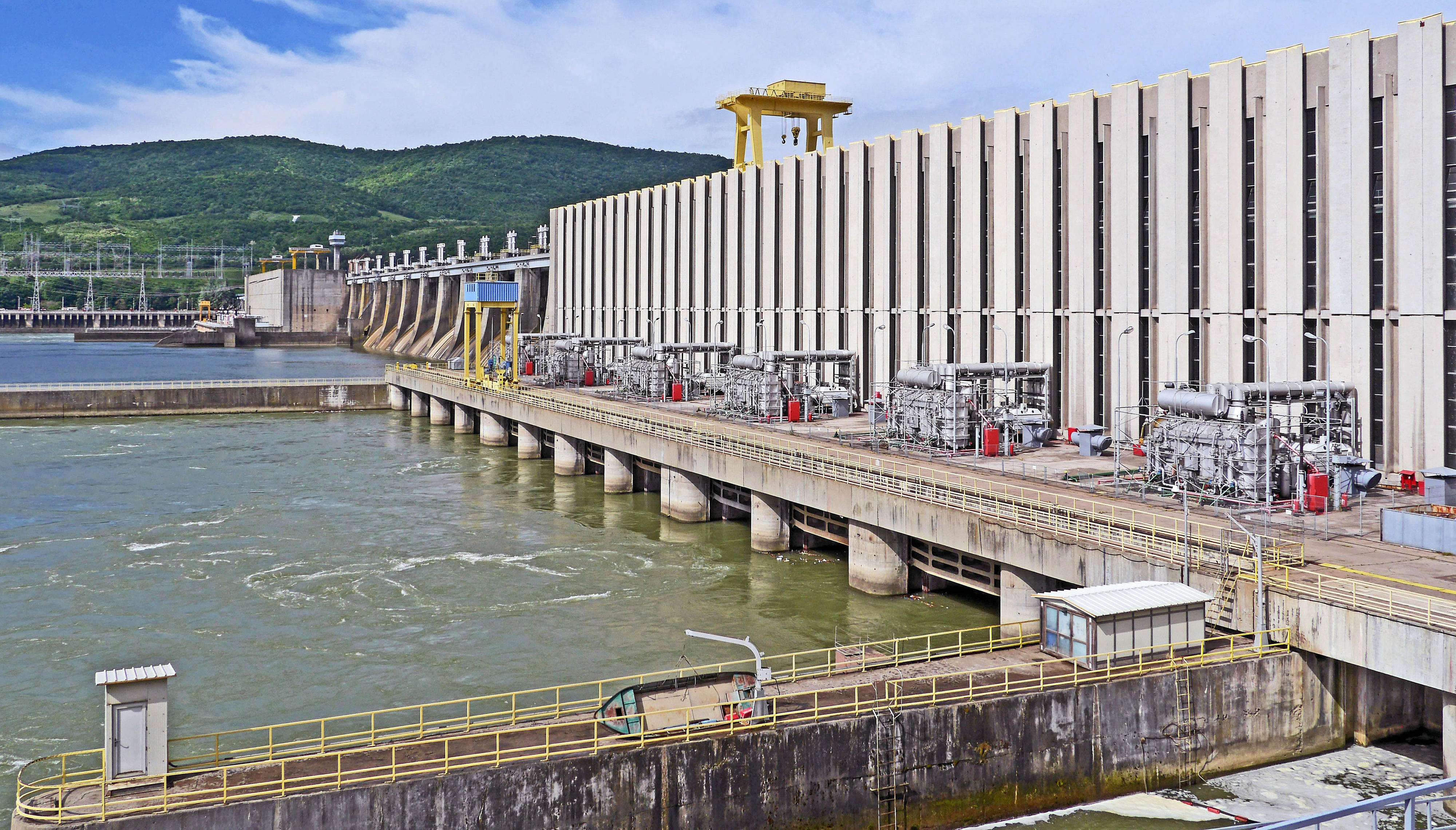Danube hydropower plant Iron Gate on the border between Serbia and Romania
Copyright© Erich Westendarp, via pixabay, CC0
Core area “Climate and energy, just transition” Protecting the environment and human health through wastewater treatment plants and renewable energy
The focus is on “green” fiscal policies, the implementation of the new energy legislation adopted in 2021 to foster renewable energy and energy efficiency, and the implementation of the Integrated National Energy and Climate Plan adopted in July 2024. It provides for phasing out coal-based power generation in Serbia by 2050.
Renewable energy and energy efficiency
The cooperation focuses on supporting the reform agenda of Serbia's Ministry of Energy, with the goal of making increased use of renewable energy (especially hydropower, wind energy and biomass, but also photovoltaics) and fostering energy efficiency. This also includes efforts to assist Serbia in implementing relevant EU directives and standards laid down by the regional Energy Community with the EU. Another focus is on modernising, with Financial Cooperation funding, the power grid and integrating it in the European interconnected grid.
In order to improve energy efficiency, German funds are used to support energy upgrades to public buildings such as preschools and schools and a large hospital in Belgrade. KfW Development Bank is also assisting Serbian banks in providing loans to municipalities and small and medium-sized enterprises for investments in energy conservation measures, environmental improvements and renewable energy.
Sustainable urban development
Under Financial Cooperation, activities have been carried out so far in more than 20 cities in Serbia with a total of about 1.6 million people, with a focus on improving and expanding drinking water supply systems. Now the efforts mainly target medium-sized Serbian towns as they set up environmentally sound wastewater systems. Two modern treatment plants in line with EU standards have been put into operation in Kruševac and Vranje.
Two new national programmes will support the expansion and/or rehabilitation of water and wastewater systems in up to 20 small and medium-sized towns in line with environmental and climate needs. In addition, a programme has been under way since 2024 to introduce environmentally sound waste management systems in three regions.
As at: 18/08/2025
